Lincoln Christian School: News of the Founder
Jeanne Murray Walker reminisces about her father, her school, and how she learned subversion.

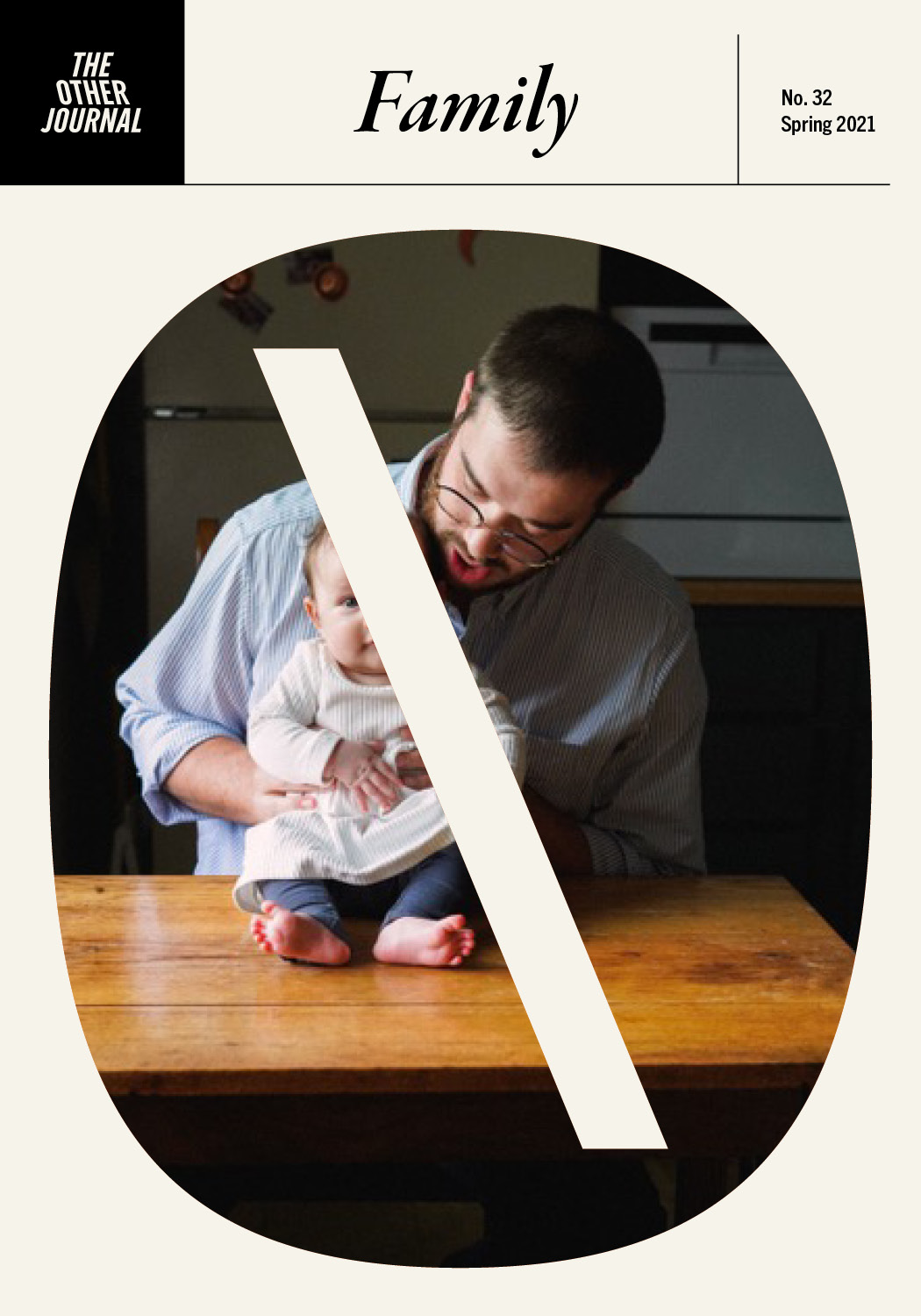
In the earliest biblical description of human beings, we are told to “be fruitful and multiply” (Gen. 1:28), yet two chapters later we read of the harsh reality of barrenness, a recurring theme in the Scriptures. We sometimes speak of salvation as an entrance into a new family—the church—and God’s people are thus said to be God’s children, but Christ himself spoke of the need to hate one’s father, mother, and partner in order to enter into discipleship. Christians baptize their infants and train their young into their faith, the Catholic Church calls family the “domestic church,” and the Protestant philosopher G. W. F. Hegel argued that the family is the base unit of society, but through these very units, Christianity has helped to produce and maintain patriarchy, with the notion of family often functioning as a sort of Christianized fetish. The boundaries, values, and status of the modern nuclear family and the role of faith in family formation are continually up for debate as we ponder, what, in fact, constitutes a family.
In this issue of The Other Journal, we take up some of the most pressing, family-related questions of our time: What is the nature of family? What are the ways the Christian theological tradition has understood or misunderstood family? What is the family of God, and who do we erroneously leave out or mischaracterize when we think of faith in this way? What role has our understanding of the modern family played in shaping and determining our understanding of the family of God? What are the ways in which Christian thought and practices maintain traditional family logics? Or how do Christianity’s varied conceptions about family name antifamily practices and influence our present moment?
In this issue’s essays, creative writing, art, and reviews, our contributors tackle this theme eclectically as they explore everything from familial responsibility and the formation of alternative family structures to the interrogation of patriarchy’s place in the theological tradition. We hope it proves to be a timely and helpful resource.
Jeanne Murray Walker reminisces about her father, her school, and how she learned subversion.

Dennis Vannatta tells a story about confronting one’s past—and then one’s future.
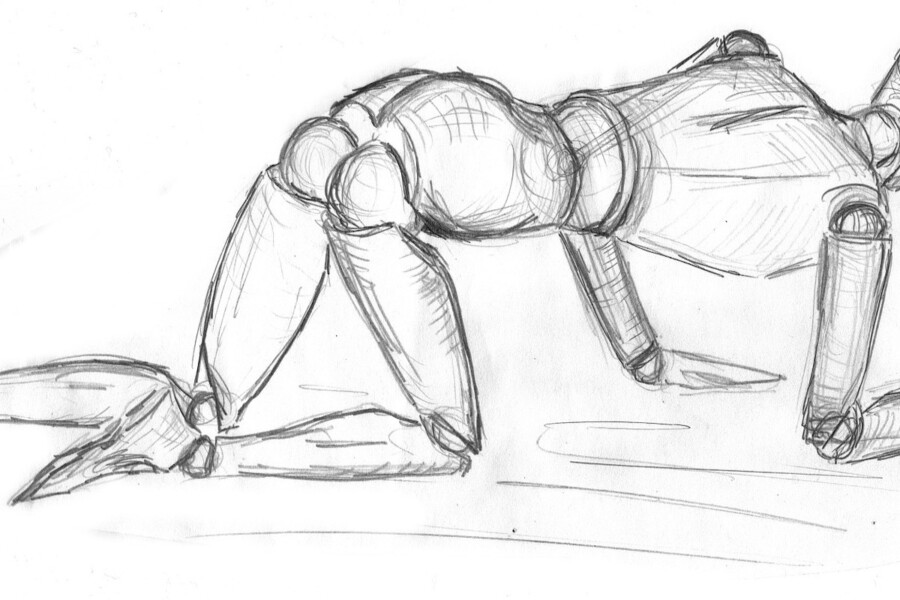
Rachel Sturges looks into the lives of a fisherman’s daughters.

Joshua Ryo Nelson-Hashimoto considers a modern-day good Samaritan story.
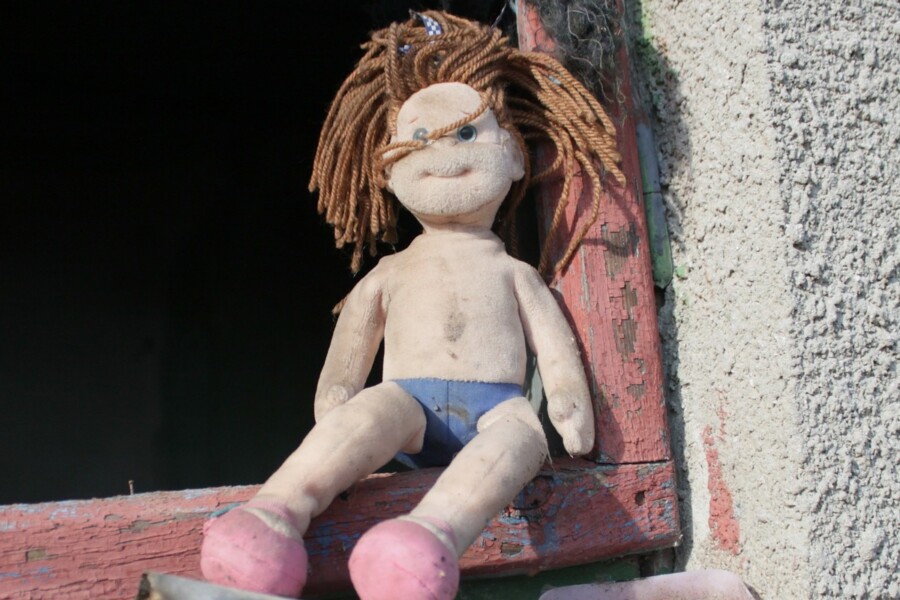
Tom C. Hunley spends an evening pondering 28,065 nights by Katie Manning.

Chad Eggleston and Mandy McMichael consider the challenges and unexpected blessings of marriage between academics.

Symen Auke Brouwers rides his bike through the fens.

Veronica Toth explores utilitarianism through intellectual history and lived experience.

Liz Charlotte Grant discovers how hard it is to shelter in place when trying to sell a home.

Charles Marsh wants to free Dietrich Bonhoeffer’s life from its scholarly confinements.
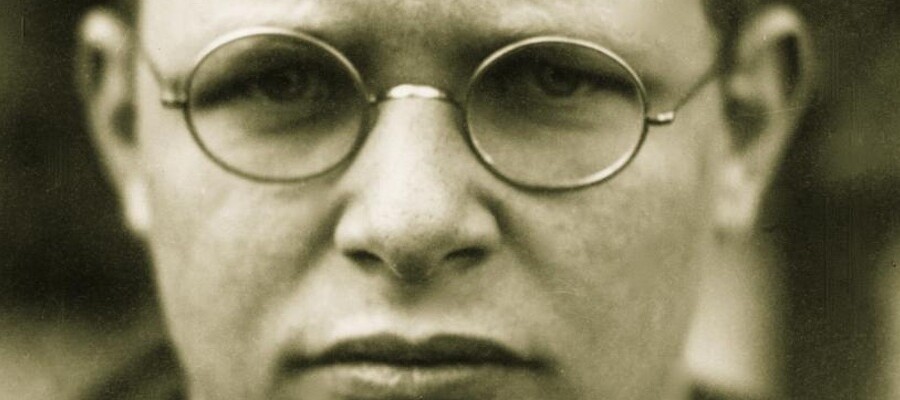
Megan Anna Neff considers missional theology and family systems theory.

Bruce Morrill employs a Jesuit narrative technique to describe tensions between life in the religious order and family life.
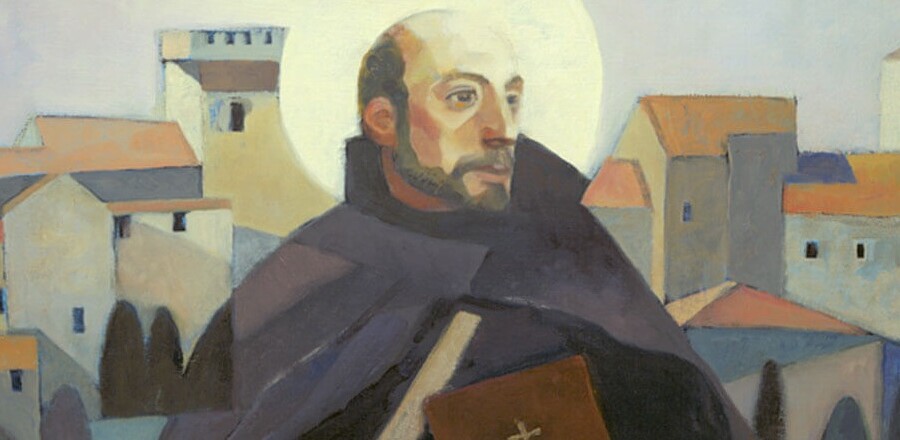
Christopher West examines the Eucharist as an instance of sacred eating.
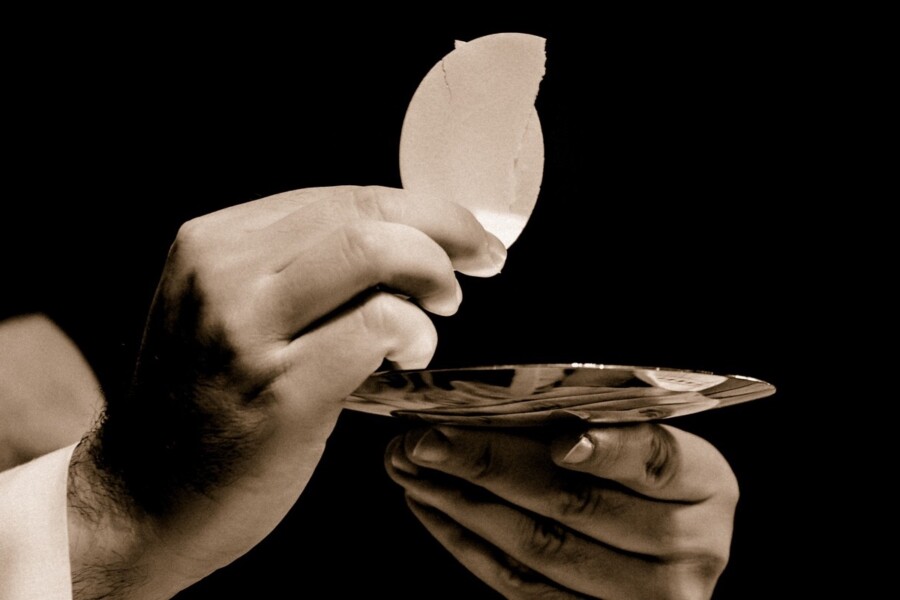
Jonathan Hiskes grapples with parental anger amid the tedium and injustice of the COVID-19 pandemic.

Kathy Berry offers a rabbinic perspective on the divine attributes, the disrobing of humanity, and God’s salvific response.
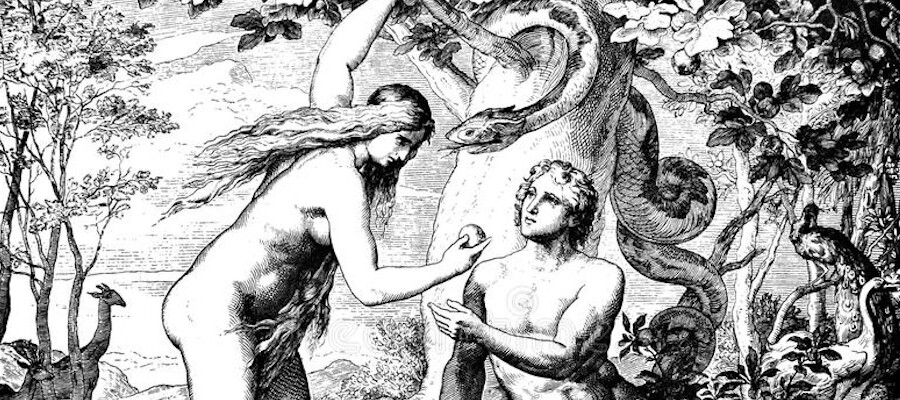
Marrissa Rhodes contemplates what Christ’s resurrection has to say about imperfect family experiences.
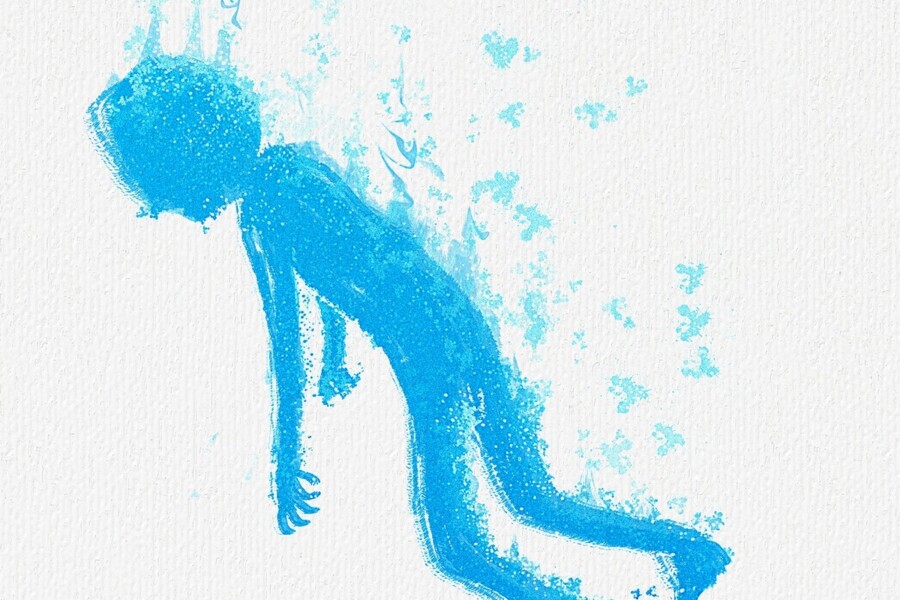
Elvir Ciceklic tells a story about God’s family story.

Joshua E. Livingston examines how Jesus blesses children to demonstrate the inverted shape of political agency in the kingdom of God.

Joanna Manning discovers the peaceful center to grief.

Taylor Ross finds himself at a loss for words in the house of Bonhoeffer.

Jack Harrell explores the reality of faith and doubt with two old friends and a shotgun.

Grace Kearney explores the link between Catholicism and medicine through three generations.

Chris E. W. Green considers Philip Cary’s The Meaning of Protestant Theology and asks how we are to handle the troubling history of theology.
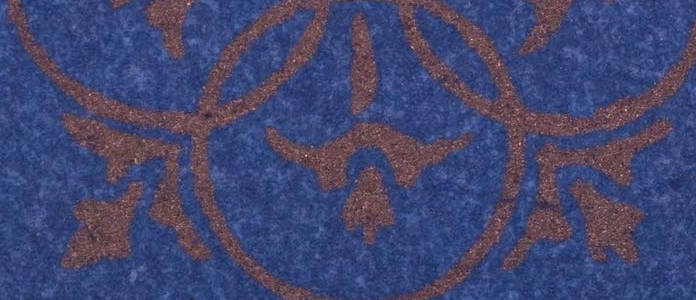
The Hoard brothers connect dog poop and sanctification.

Martin Achatz strolls through strawberry fields in search of God.
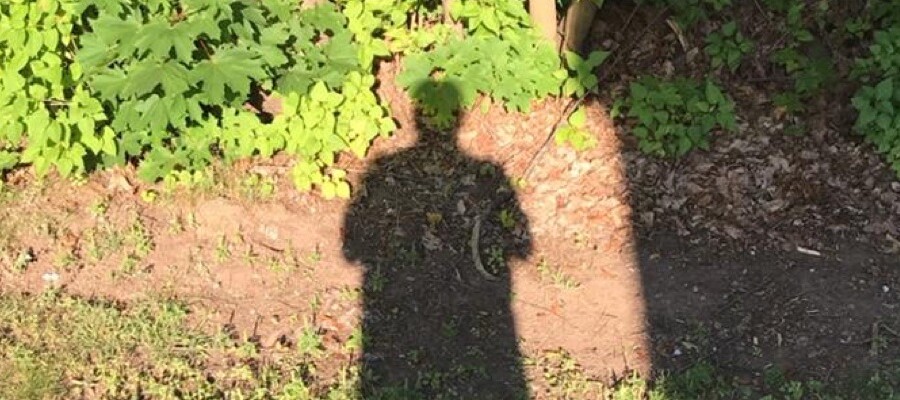
Martin Achatz meditates on the crowded ventricles and atrias of maternal hearts.
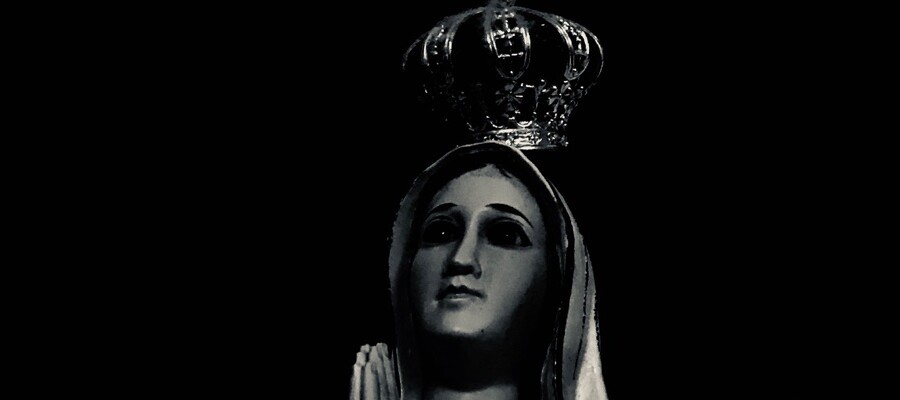
Katie Prudek Lin explores Christ as Mother, with a little help from Julian of Norwich and her own experience of childbirth.
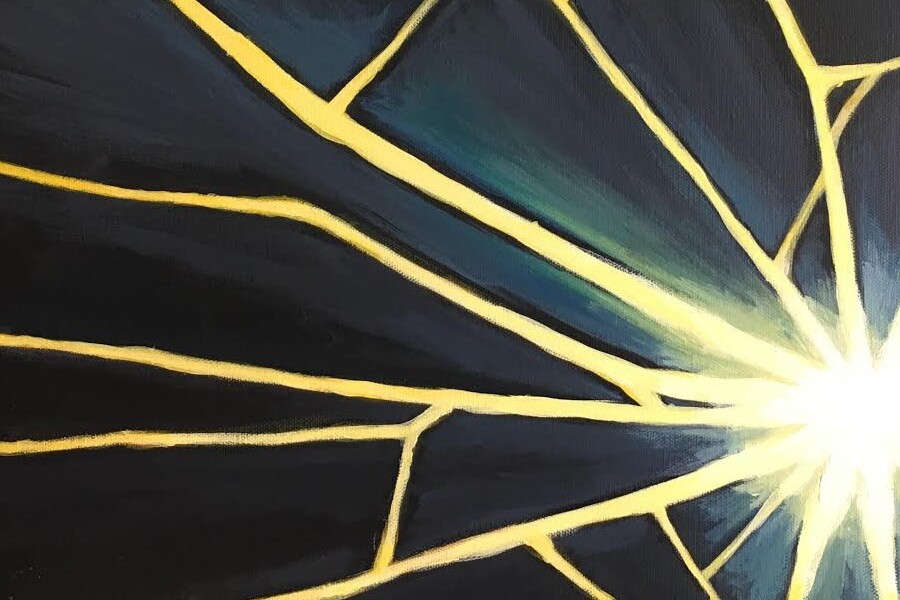
Todd Copeland reflects on the gift of memory, tools, and family.

Todd Copeland reflects on darkness.

Andrew Stone Porter connects Martin Luther King Jr.’s politics of integration with his theological ethics of interdependence.
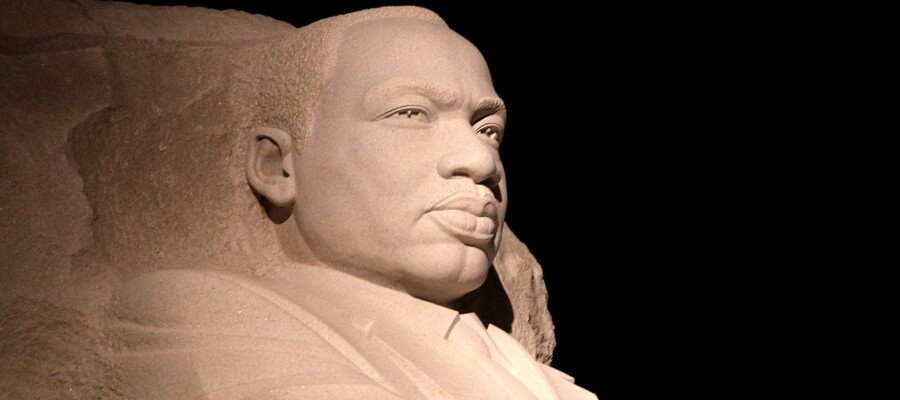
David Kline reflects on the Pentecostal and poetic imagination of the Minneapolis uprisings.
